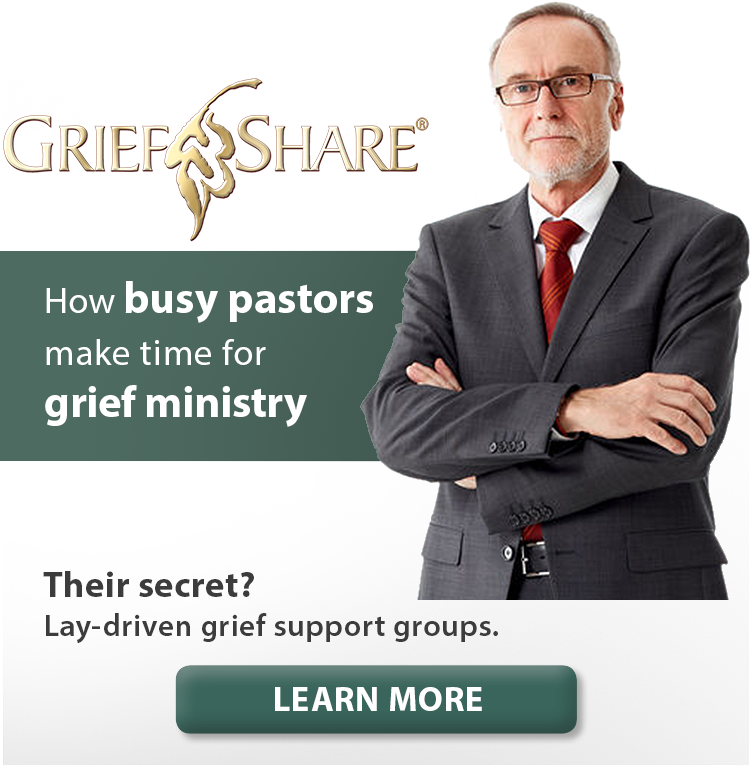
When we care for one another wisely, three things should happen: (a) the person being cared for should be blessed, (b) the love of Christ should become more tangible, and (c) our faith should grow.
Sometimes our attempts at caring can be done unwisely, resulting in unintended consequences: (a) the person being cared for is enabled, (b) the love of Christ is misrepresented, and (c) the caregiver becomes exhausted.
In this article we want to provide principles of wise caregiving to ensure that we provide helpful pastoral care. This information is also helpful for small-group leaders, deacons, lay counselors, and other care ministry leaders in your church.
1. Avoid the rescuer mentality. When you begin to bear the weight of responsibility for someone else’s life, unwise decisions always follow. Your role is to come alongside an individual or family to do what is within your power to assist them, not rescue them from things outside your control.
2. Do not replace the legal system. If something illegal happens, either to or by the person you are helping, your first responsibility is to report that to the appropriate legal authority. The church is called to submit to and assist with the implementation of the laws of the government over us (Rom. 13:1–7).
3. Know your role within the church. The church is a body made up of many parts. No one can do it all (1 Cor. 12:12–31). Trying to “be the church” rather than effectively playing your role within the church will result in personal burnout and people getting hurt.
4. Never do what someone can/should do for themselves. This is the telltale sign that assistance is becoming enablement. If a task is hard or confusing, then find a way that helps (e.g., explain, go with, research, encourage, remove obstacles, etc.) without replacing the effort of your friend.
5. Create “halfway” steps. When helping does require doing something for or giving money to your friend, then it is wise to create a clear halfway step to ensure your friend is willing to be a good steward of your kindness. A question to help you find a halfway step is, “What would my friend have to begin to do in order for my kindness not to evaporate in life’s stress?” This principle ensures that your kindness leads your friend to freedom instead of a new, unhealthy dependence upon you or your group.
6. Model a healthy life and relationship. Making exceptions to “healthy” is what gets most people into a crisis. Modeling how to deal with difficult situations without violating the basic principles of “healthy” is often as important as any of the logistical or financial assistance you provide.
7. Know your physical, emotional, and financial limits. Creating a second crisis does not help the first one. Scripture calls us to be generous as we are able (Deut. 16:17). When we go beyond this, we model a reactive approach to crises that fails to disciple those we are helping in how to make wise decisions in hard times.
8. Never allow “team splitting” to occur. Talking negatively of one person in order to affirm and get more from another should be directly and immediately confronted as wrong. It is a form of manipulation disguised as a compliment and tries to get one party to do more because another is doing less.
9. Do not allow yourself to be motivated/manipulated by guilt. Guilt is motivational junk food; it gives short boosts of energy followed by long periods of fatigue. When you feel yourself being motivated by guilt (internally or externally), talk with your ministry support person in order to prevent burnout.
10. If you’re not sure, ask your ministry support person. Helping never means having all the answers, or even always knowing the next question to ask. When you feel stuck or trapped in a helping situation, ask for help. This is allowing the church to be the body of Christ to you as you strive to be part of the body of Christ for someone else.


